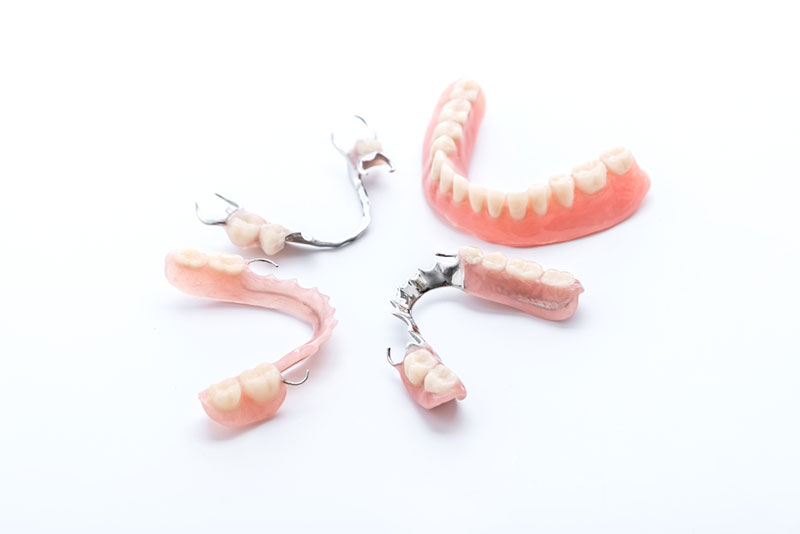Hi. I am gathering info on dental implants for 4 missing teeth. I have a trip planned in April 2017 and I want the implants to be completely done before I leave for vacation. I will be out of the country for a month so I won’t be able to get back to an implant dentist and I want to be sure that everything is okay before I leave the country. I know there is a healing period for implants and I just want to give myself enough time. How much healing time will I need? – Thanks. Bhari
Bhari – The process of getting dental implants, including the healing and recovery time varies with each patient. Your recovery time depends on several factors, including those listed below:
- Bone grafting – Depending on how long a tooth is missing, the jawbone in that space will begin to shrink. If there is significant bone loss, the bone will need to be built up to accommodate dental implants. There is a healing period of several months for the bone grafting before implants can be placed.
- The location of the implants – The bone in the upper arch of the mouth is shallower than in the lower arch, and implants there take longer to heal.
- The number of implants placed – Each implant needs to heal on its own. The healing period for each implant can vary.
- Tooth extraction – If teeth need to be extracted before you receive implants, you might experience discomfort for a longer period.
Schedule consultations with two or three implant dentists. Ensure you choose an experienced implant dentist or prosthodontist. Ask each of them how many cases they have completed. An examination and diagnostic studies will be needed to determine if you need bone grafting. After that information is received, your implant dentist will know if you need bone grafting. A recovery period will also be estimated. Tell your dentist about your vacation plans. He or she will let you know if there will be any conflict with your vacation plans for the spring.
This post is sponsored by Naperville implant dentist and board-certified prosthodontist Dr. Anthony LaVacca.


































